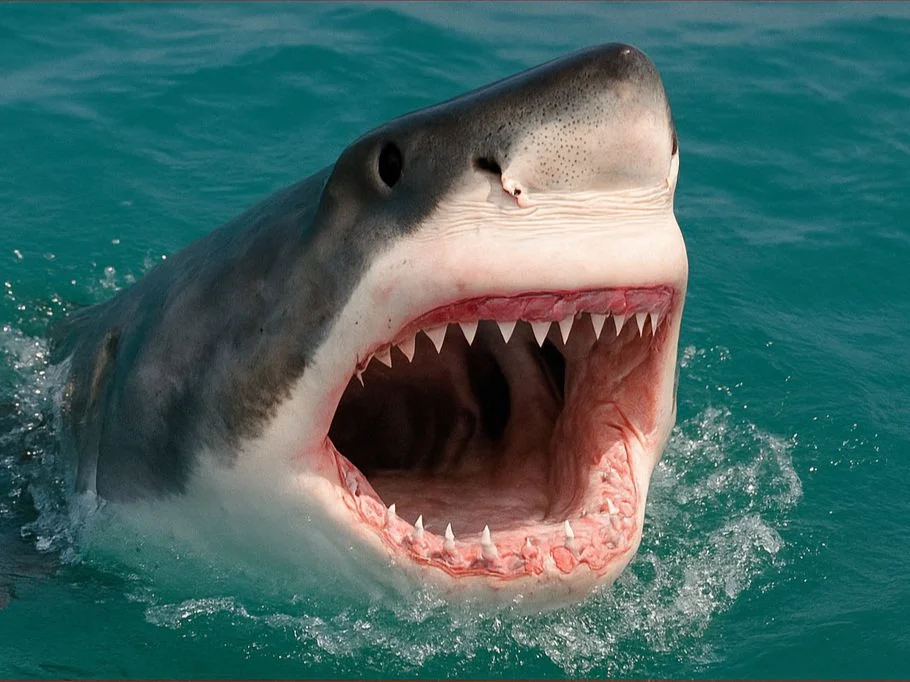If we look back into the history of the 6th and 7th centuries, we will see how rich was the activity of the Saracen pirates in Greece.
Later and gradually they expanded to lower Italy, but also to North Africa and Sardinia. By the term "Saracens" the Greeks referred to all Arab Muslims. The word comes from the term "sarkegin", which means east in Arabic.
They moved across various beaches, using them either as bases or as shelters. What is left now is the name Sarakiniko on these beaches of Greece, commemorating events that took place long ago. Most of them are exotic beaches with rare beauty. They are scattered in different parts of Greece, from Milos to Parga and Elafonisos.
Sarakiniko Milos
Perhaps the most famous Sarakiniko in Greece. It is located in the northeastern part of Milos, about 5 km from Chora. It is a small beach surrounded by volcanic all-white rocks, which makes the landscape eerie and unique. The place got its name from the Saracen pirates who used this place as a shelter. It is said that the Saracens moored their ships in the caves around the sea to be protected from the waves and the wind, while they slept in the niches of the rocks next to the shore.
Sarakiniko of Parga
Another charming, exotic beach of Parga, located behind the village of Agia. It takes its name from the actions of the Saracens, while local tradition says that the pirates landed there after a sudden summer storm destroyed their ship. They then asked the locals for help, pretending to be unfortunate merchant mariners. The residents took pity on them, agreed to help them, and invited them to a wedding that was to take place two days later.
Sarakiniko in Elafonisos
In Laconia, 4 km from the settlement of Elafonisos, on the south side of the island are the twin beaches of Simos (small beach) and Sarakinikos (large beach or Tseratsiniko for the locals). The beach of Sarakiniko was used as a base by the Saracens, from whom it got its name. The bay of Sarakiniko (or Tseratsinikos) or Porto di Cervi for the cartographers, was a refuge of the fierce Cilicians, Saracens, Turks, Barbarians, Maltese, Knights, English, French and Mani pirates.
Sarakiniko of Evia
On the southeastern side of North Evia and at an altitude of 93 meters above sea level, there is a small settlement called "Sarakiniko". The name of the settlement comes from the Saracen pirates who used the area as a hideout. The place where the church Agios Georgios is located today is said to have been their fortress and the place where they hid their loot. According to local tradition, the small rocky island below the settlement was called "Xerokaravos" because the prayers of the inhabitants managed to stone the pirate ship that was on its way to make a raid.













